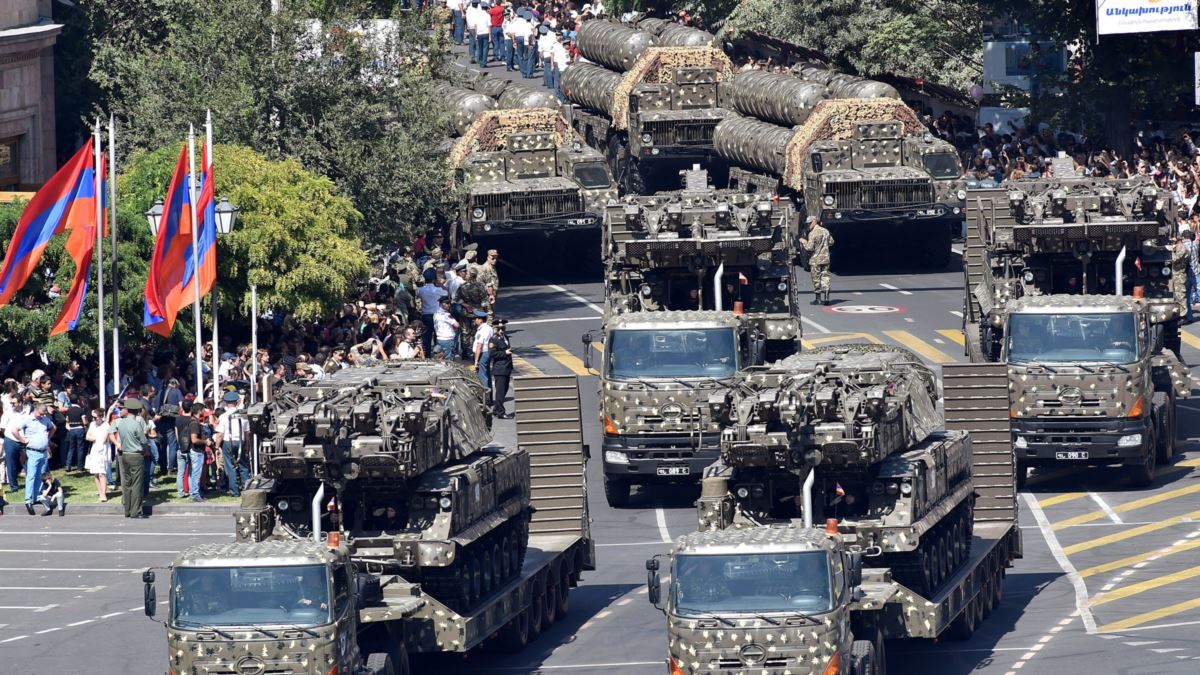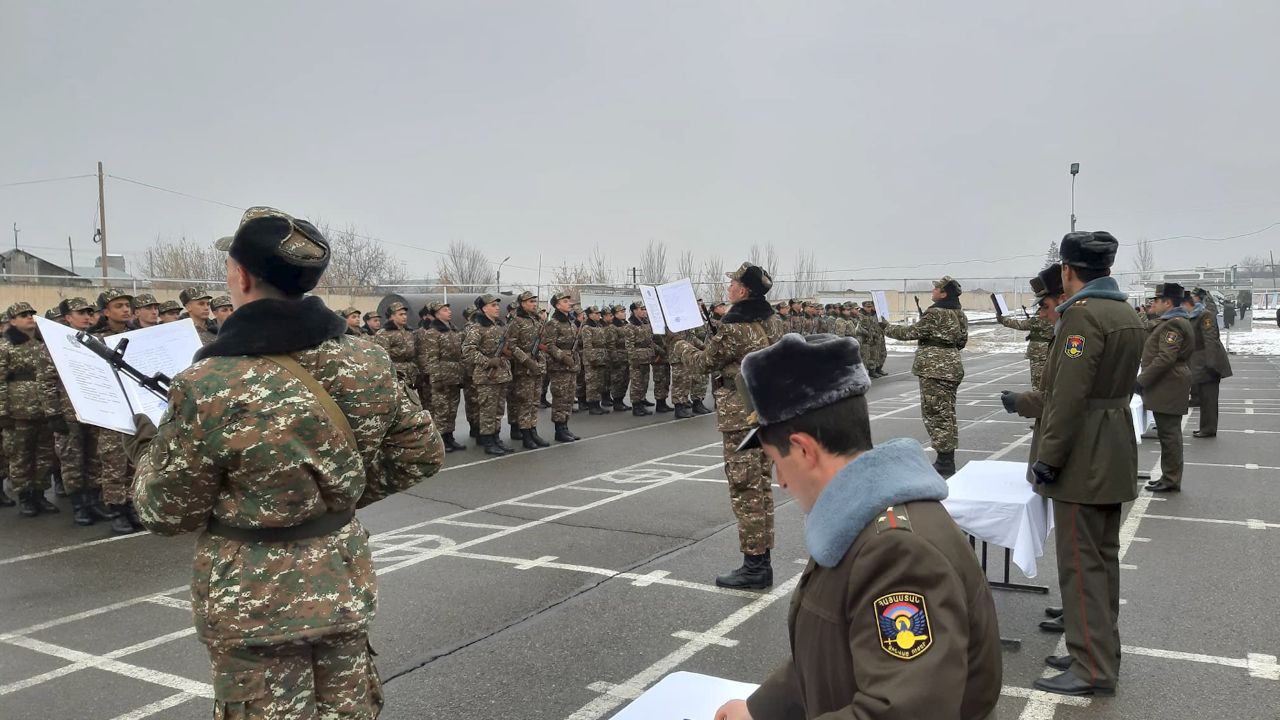Armenia increases penalty for draft evasion to prison terms of up to five years
Penalties for draft evasion in Armenia
The Armenian Ministry of Defence has moved to increase punishments for those avoiding the country’s 25-day military call-ups. The parliament reviewed the proposal and approved a legislative package in its final reading.
The criminal code now clearly defines forms of evasion and the associated penalties, ranging from fines to up to five years in prison. In addition to law enforcement, the military police will now also identify draft dodgers.
The move has sparked debate on Armenian social media, with many users opposing the tougher measures. Critics argue that those who have already served two years in the army have fulfilled their duty, and call-ups should target only those who have not completed military training.
The law outlines specific punishments for different forms of evasion, while opposition parties and citizens have voiced their opinions online.
- Pashinyan-Aliyev meet in Copenhagen while Armenian parliament issues statement in support of peace
- “Azerbaijan has always been as much a brotherly state for the CSTO as Armenia,” says Pashinyan
- “Armenia without Russian boots”: calls grow for withdrawal of Russian military base
From faking illness to forging documents: offences now carry harsher penalties
Under amendments to the criminal code, draft evasion in Armenia can take several forms:
- Failing to report to the local military office for conscription;
- Missing a medical examination;
- Refusing to participate in the draft;
- Evading the draft by other means.
The law now states that evasion can be punished with a fine of 15–30 times the minimum wage, imprisonment of up to two months, or a prison sentence of 1–3 years.
In addition, under the new amendments, more severe penalties of 2–5 years in prison may apply if the draft dodger:
- Inflicts self-harm or fakes an illness;
- Forges documents or uses other forms of deception.
However, individuals who break the law under the last two points may be exempted under certain conditions.от уголовной ответственности, если добровольно явится и примет участие в сборах.
“In the past, the draft was largely formal; now, it is not.”
During the discussion, opposition MP Gegam Manukyan said that over the past two to three years, the rules for military drills had been tightened several times, yet problems persisted. He asked Defence Ministry officials why participants were sent on combat duty after just ten days, when the law stipulates that the exercises should be purely training.
Deputy Defence Minister Arman Sargsyan replied that during the first ten days, participants “hone their skills” before moving on to active service, including combat duties.
“The fact that changes are taking place already shows that the system is improving. Previously, the drills were largely formal; now they are not. They now have the necessary content and significance,” he emphasized.
Social media reactions
Here are some social media reactions:
“Military training applies to you too, leaders. Ordinary people are not your slaves to treat however you wish.”
“Can you change the list of those called up? Don’t summon the same people every time. Invite those who haven’t served yet so they can get training too.”
“Let your sons go to the training first, then deal with us. And don’t scare us with criminal penalties.”
“At one time, people paid to exempt their children from the army, so now they aren’t on the lists. That’s why they’re not being called up.”
“But what’s the point of serving if peace has already come and we are protected?” (referring to Armenian authorities’ statements after the Washington meeting on 8 August)




















